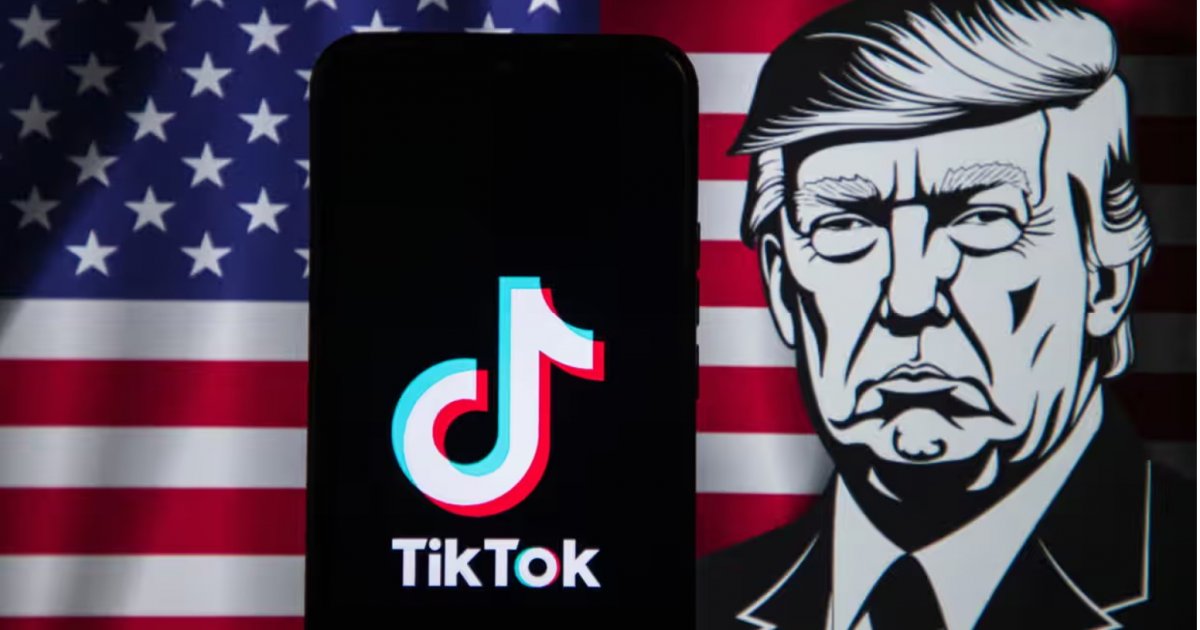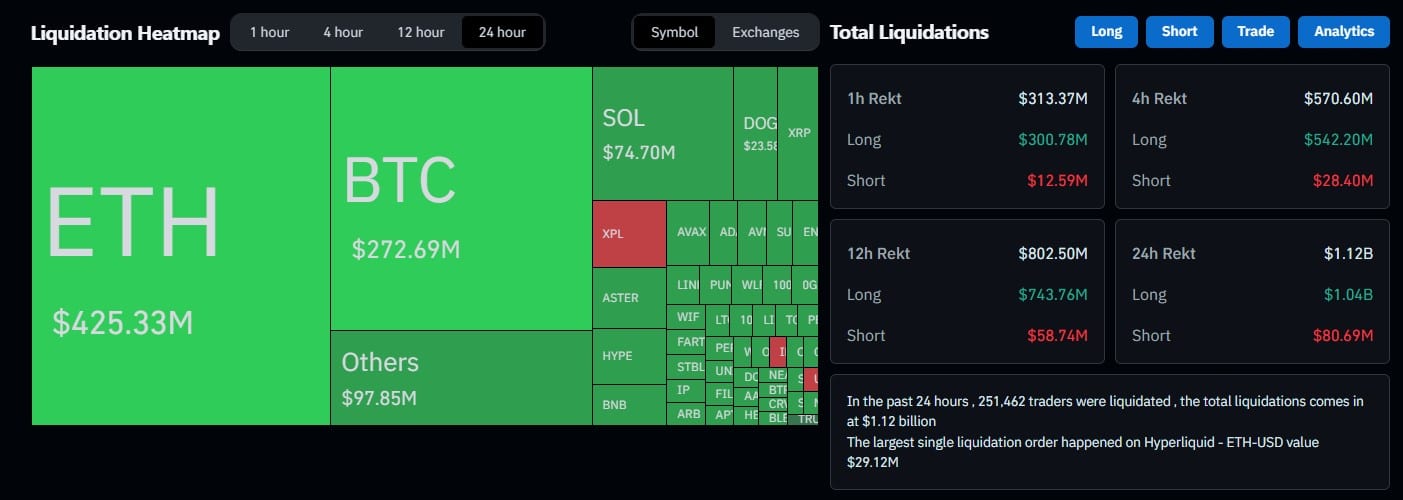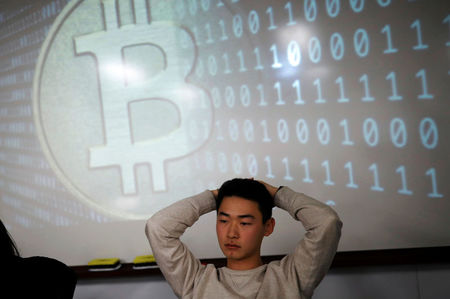France considers redirecting nuclear surplus to state-backed Bitcoin mining
The post France considers redirecting nuclear surplus to state-backed Bitcoin mining appeared on BitcoinEthereumNews.com. Members of France’s National Rally have championed Bitcoin mining as a way to monetize France’s surplus nuclear electricity. Summary 76 French lawmakers, led by the National Rally, have proposed a five-year Bitcoin mining pilot using surplus nuclear energy. France’s nuclear fleet produces over 70% of the country’s electricity. Lawmakers argue the initiative would reduce economic losses tied to the sale of excess electricity at low market rates. According to French media outlet Le Monde, far-right lawmakers have positioned Bitcoin mining as a practical solution to longstanding energy and economic inefficiencies, arguing that the country’s underutilized nuclear grid offers an untapped opportunity for generating digital value. Why are French lawmakers turning to Bitcoin mining? France’s energy grid frequently produces more electricity than the market demands, especially from its vast network of nuclear power plants, which generate over 70% of the country’s electricity. Le Monde reports that National Rally deputies see Bitcoin mining as a means of turning this excess nuclear electricity, often sold at a loss or wasted entirely, into a productive industrial resource. They argue that France’s energy grid, heavily reliant on nuclear power, frequently generates surpluses during off-peak periods. Without adequate storage capacity, these surpluses strain the grid and depress wholesale electricity prices. The National Rally has framed the issue as one of sovereignty and reindustrialization. Instead of allowing unused power to go to waste—or selling it at a loss during periods of low demand—they advocate using it to mine Bitcoin. By doing so, they argue, France could ease the financial strain on its nuclear fleet while putting surplus electricity to productive use, rather than selling it at a loss or letting it go to waste. Supporters contend that such a strategy would not only help stabilize the national grid but also attract investment in digital infrastructure, potentially giving…

The post France considers redirecting nuclear surplus to state-backed Bitcoin mining appeared on BitcoinEthereumNews.com.
Members of France’s National Rally have championed Bitcoin mining as a way to monetize France’s surplus nuclear electricity. Summary 76 French lawmakers, led by the National Rally, have proposed a five-year Bitcoin mining pilot using surplus nuclear energy. France’s nuclear fleet produces over 70% of the country’s electricity. Lawmakers argue the initiative would reduce economic losses tied to the sale of excess electricity at low market rates. According to French media outlet Le Monde, far-right lawmakers have positioned Bitcoin mining as a practical solution to longstanding energy and economic inefficiencies, arguing that the country’s underutilized nuclear grid offers an untapped opportunity for generating digital value. Why are French lawmakers turning to Bitcoin mining? France’s energy grid frequently produces more electricity than the market demands, especially from its vast network of nuclear power plants, which generate over 70% of the country’s electricity. Le Monde reports that National Rally deputies see Bitcoin mining as a means of turning this excess nuclear electricity, often sold at a loss or wasted entirely, into a productive industrial resource. They argue that France’s energy grid, heavily reliant on nuclear power, frequently generates surpluses during off-peak periods. Without adequate storage capacity, these surpluses strain the grid and depress wholesale electricity prices. The National Rally has framed the issue as one of sovereignty and reindustrialization. Instead of allowing unused power to go to waste—or selling it at a loss during periods of low demand—they advocate using it to mine Bitcoin. By doing so, they argue, France could ease the financial strain on its nuclear fleet while putting surplus electricity to productive use, rather than selling it at a loss or letting it go to waste. Supporters contend that such a strategy would not only help stabilize the national grid but also attract investment in digital infrastructure, potentially giving…
What's Your Reaction?








































